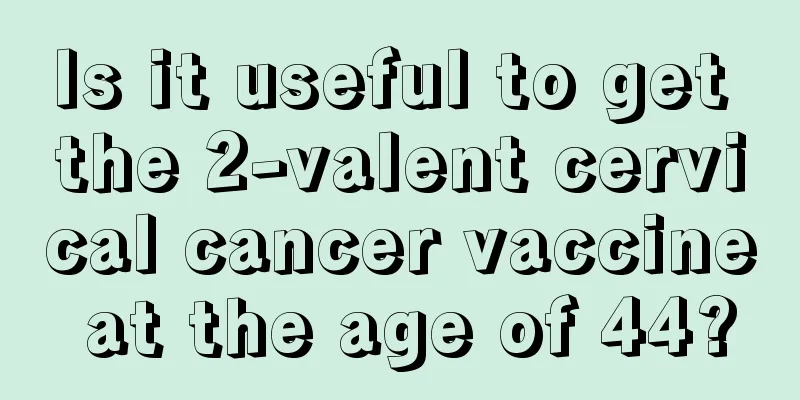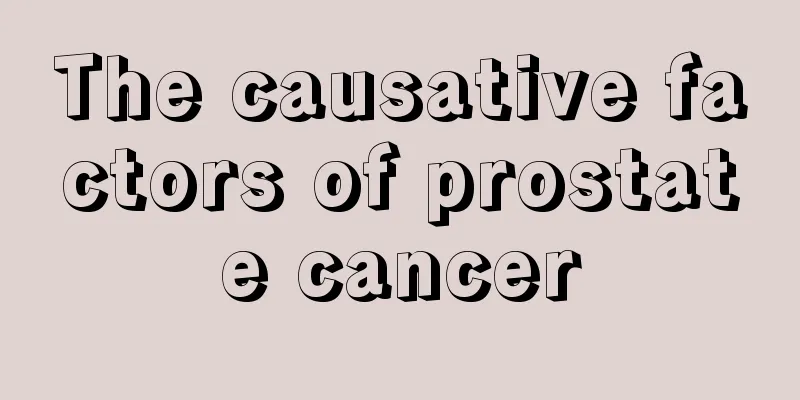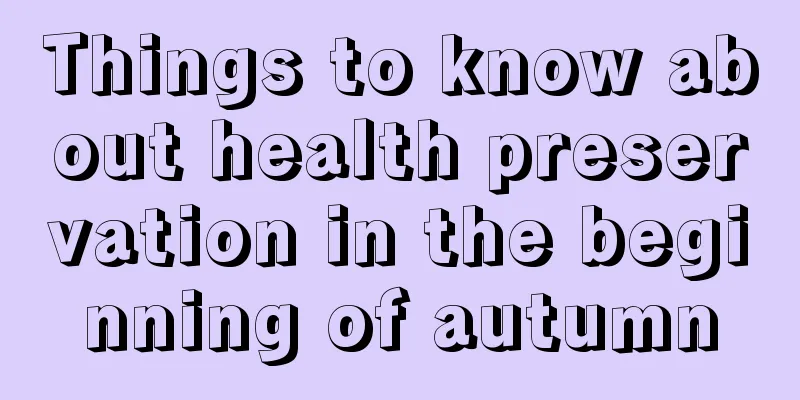Is it useful to get the 2-valent cervical cancer vaccine at the age of 44?

|
It is still useful to get the bivalent cervical cancer vaccine at the age of 44. Although the effect may not be as ideal as when vaccinated when young, it can still provide certain protection. 1. Introduction to cervical cancer vaccine Cervical cancer vaccine, medically known as HPV vaccine, is mainly used to prevent cervical cancer caused by human papillomavirus (HPV). HPV vaccines are divided into 2-valent, 4-valent and 9-valent, and the main difference lies in the type of virus they prevent. The 2-valent HPV vaccine can prevent two high-risk viruses, HPV16 and HPV18, which are the main culprits of cervical cancer. 2. Effectiveness of bivalent HPV vaccine at age 44 The 2-valent HPV vaccine is still useful at age 44. Although the vaccine is more effective when given at a younger age, it still provides some protection at age 44, especially against HPV16 and HPV18. Cervical cancer vaccination is generally not recommended for women over 45, as the vaccine's preventive effect decreases with age. 3. Vaccination process and precautions The vaccination process of the 2-valent HPV vaccine is relatively simple and is usually divided into three injections. The first shot can be injected at any time, the second shot one month after the first shot, and the third shot six months after the first shot. During this period, if you miss it for some reason, you do not need to restart the vaccination, just continue to complete the remaining injections. Menstruation does not affect the vaccination, but it is best not to get pregnant during the injection period. If you become pregnant, you need to stop the vaccination. 4. HPV infection If you have already been infected with HPV, getting the HPV vaccine will not make the virus go away. The main function of the vaccine is to prevent infection, not to treat the virus that has already been infected. However, even if you have already been infected with a certain type of HPV, getting the vaccine can still prevent infection with other types of HPV. 5. Pregnancy and vaccination There is currently no evidence that the HPV vaccine will affect fetal development, but for safety reasons, it is recommended to avoid pregnancy during the vaccination period. If you become pregnant unexpectedly during the vaccination period, it is recommended to stop the vaccination and continue the unfinished injection after delivery. 6. Personal suggestions If you are 44 years old and have not received the cervical cancer vaccine, it is recommended that you consult your doctor as soon as possible and consider receiving the 2-valent or 4-valent HPV vaccine. Although the effect may not be as ideal as when you are young, it can still provide some protection and reduce the risk of cervical cancer. Through the above points, I hope to help you better understand the effectiveness and precautions of the 2-valent cervical cancer vaccine at the age of 44. Health is the most precious wealth in life. Only by preventing and protecting yourself in time can you have a longer and happier life. |
<<: How many years does a patient with nasopharyngeal cancer generally live?
>>: There are three signs after a meal that indicate stomach cancer
Recommend
Who should not drink burdock tea?
Burdock tea is a kind of tea with burdock as the ...
What are the complications after renal cancer metastasis?
Kidney cancer is a common disease among the elder...
Breaststroke breathing techniques
In life, many people particularly like swimming a...
What is the main cause of colorectal cancer?
Among cancer diseases, colorectal cancer is a com...
What are the symptoms of pulpitis?
Pulpitis is a relatively common oral problem, and...
Why does my chest feel cold when I stand up and walk?
Feeling cold in the chest is actually a situation...
How to store Guyuan Paste
Guyuan paste is a very common Chinese medicinal m...
Does metastatic adenocarcinoma have a high mortality rate? Can metastatic adenocarcinoma be cured?
Is the mortality rate of metastatic thyroid cance...
Prerequisites for a peaceful sleep
In order to have a good and peaceful sleep, you m...
How to keep your mouth clean
A high-quality life means paying attention to eve...
What are the clinical manifestations of prostate cancer? Are the early symptoms of prostate cancer obvious?
Nowadays, most men in society are under great pre...
How many days of intercourse can the test paper detect?
If a couple does not take contraceptive measures ...
What to do if you hurt your elbow
In our daily lives, collisions with arms or parts...
What are the side effects of lavender pillows
Nowadays, people's living conditions have imp...
How to prevent clavicle joint pain?
Many people with rheumatism will feel pain in lar...









